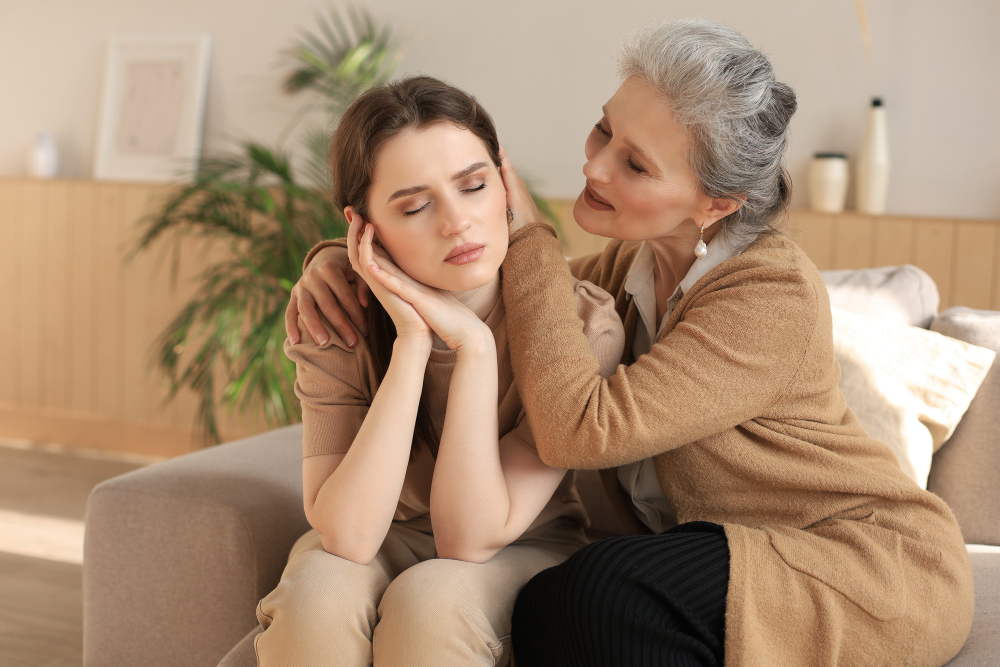Understanding Intergenerational Trauma

Trauma is one of the most unfortunate events that a person could experience. The mental and emotional damage it causes goes beyond the physical injuries, and it may persist long after the traumatic experience itself. Intergenerational trauma, in particular, affects families and communities as it passes down from one generation to another. It is essential to understand its effects and how to heal, especially if you or someone you know suffers from it. This blog post aims to provide information and insights on intergenerational trauma, healing, and therapy.
What is intergenerational trauma?
Intergenerational trauma is the transmission of trauma from one generation to the next through socialization, genetics, or behavior. Survivors of traumatic events may develop symptoms such as anxiety, depression, addiction, and other mental health disorders that they may pass down to their children and grandchildren. The impact of intergenerational trauma extends beyond the individual and can affect entire families and communities.
How does intergenerational trauma manifest?
Intergenerational trauma can manifest in different ways, such as learned behavior, cultural beliefs, and biological alterations. For example, children who are exposed to abuse or neglect in their families may have a higher tendency to exhibit those same behaviors later in life. Additionally, social norms that lead to social exclusion and discrimination against minorities are a form of intergenerational trauma, passed down to later generations. Biological changes, such as epigenetic modifications, can also impact gene expression and lead to higher susceptibility to stress and anxiety.
How can we heal from intergenerational trauma?
Healing from intergenerational trauma requires a multi-faceted approach that encompasses different aspects such as therapy, self-care, education, and community support. Trauma-informed therapy is an effective method that can help individuals recognize and address their trauma through evidence-based techniques such as cognitive-behavioral therapy, exposure therapy, EMDR, and other techniques that have proven to be effective. Self-care is also essential in healing. Eating a healthy diet, exercising, getting enough sleep, and relaxation techniques like meditation or yoga can decrease symptoms of trauma. Education and community support can go a long way in increasing awareness and promoting resilience.
Why seek professional help for intergenerational trauma?
Professional help is essential for intergenerational trauma because it provides a safe space to process and heal from trauma-related symptoms. Trauma-informed therapists have training and experience working with individuals and families who have been impacted by trauma, to help individuals navigate their symptoms and identify actionable steps towards healing and recovery.
Conclusion
Intergenerational trauma is a complex and often overlooked issue that affects many families and communities. Nevertheless, healing from it is possible with the right tools and support. If you or someone you know is struggling with intergenerational trauma, please seek professional help. At Orlando Thrive Therapy, our qualified and experienced therapists can guide you through evidence-based techniques that help you manage symptoms and build resilience. If you're considering trauma counseling in Orlando, FL, contact us today to learn more about how we can support your healing journey.
